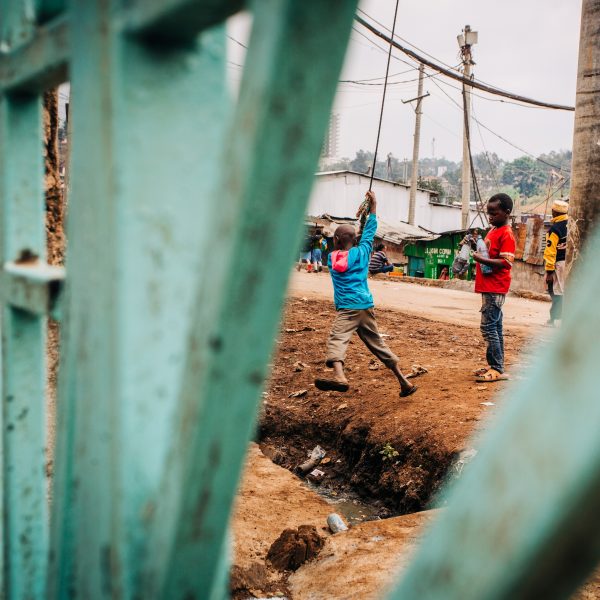Young children are motivated by exploration opportunities, not rewards, study finds

Young children will pass up rewards which are “a sure thing” for the opportunity to explore other options, a new study from Ohio University has found, emphasising the importance of giving children the opportunity to explore their world and make meaning from it.
“Exploration seems to be a major driving force during early childhood — even outweighing the importance of immediate rewards,” co-author Vladimir Sloutsky said. “We believe it is because young children need to explore to help them understand how the world works.”
The research
To conduct the research, adults played a game with four and five year old children, where certain choices earned them rewards, and which was created in such a way that both adults and children quickly learned what choices would give them the biggest returns.
While adults then used that knowledge to maximize their prizes, children continued exploring the other options, just to see if their value may have changed.
Rather than taking a random “scattergun” approach, researchers noticed that the children undertook the exploration systematically, to ensure they didn’t miss anything.
“When adults think of kids exploring, they may think of them as running around aimlessly, opening drawers and cupboards, picking up random objects,” Mr Sloutsky said.
“But it turns out their exploration isn’t random at all.”
Two studies
The results were published online recently in the journal Developmental Science, and outlined the two studies undertaken to reach the results.
The first study involved 32 four-year-olds and 34 adults.
On a computer screen, participants were shown four alien creatures. When participants clicked on each creature, they were given a set number of virtual candies.
One creature was clearly the best, giving 10 candies, while the others gave one, two and three candies, respectively. Those amounts never changed for each creature over the course of the experiment.
The goal was to earn as much candy as possible over 100 trials. (The children could turn their virtual candies into real stickers at the end of the experiment.)
As expected, the adults learned quickly which creature gave the most candies and selected that creature 86 percent of the time. But children selected the highest-reward creature only 43 percent of the time.
The children’s choices were not because the children didn’t realise which choice would reap them the largest reward. In a memory test after the study, 20 of 22 children correctly identified which creature delivered the most candy.
“The children were not motivated by achieving the maximum reward to the extent that adults were,” fellow author Nathaniel Blanco said. “Instead, children seemed primarily motivated by the information gained through exploring.”
Children did not just randomly select the creatures, Mr Sloutsky said, choosing instead to work systematically through the choices of monsters, to ensure they never went too long without testing each individual choice.
“The longer they didn’t check a particular option, the less certain they were on its value and the more they wanted to check it again,” he said.
To reinforce the results, in the second study the game was similar but the value of three of the four choices was visible — only one was hidden. The option that was hidden was randomly determined in each trial, so it changed nearly every time. But the values of all four choices never changed, even when it was the hidden one.
“The majority of the children were attracted to the uncertainty of the hidden option. They wanted to explore that choice,” Mr Sloutsky said.
Some individuality
Despite the collective finding that children valued exploration, there were some individual differences in children. A few children, for example, acted much like adults and nearly always chose the highest-value option. In the second experiment, a few children almost always avoided the hidden option.
These variations may have to do with different levels of cognitive maturation in children, Mr Sloutsky hypothesised.
What was consistent, however, was that all children took some form of systematic exploration as one of their main goals.
“Even though we knew that children like to run around and investigate things, we’re now learning that there is a lot of regularity to their behaviour” he added, with Mr Blanco saying the “seemingly erratic” behaviour may be largely moulded by an innate drive to stockpile information.
To review the findings in full, please see here.
Popular

Workforce
Quality
Practice
Provider
Research
How one teacher is using Little J & Big Cuz to build empathy, understanding and confidence in First Nations learning
2025-12-08 07:15:19
by Fiona Alston

Quality
Policy
Practice
Provider
Economics
Research
Workforce
NQF Annual Report 2025: Quality gains continue, but sector faces compliance pressures and persistent equity gaps
2025-12-10 07:21:19
by Fiona Alston

Research
Provider
Intentional science play: a three‑stage pathway to foster children’s scientific literacy in the early years
2025-12-10 07:45:26
by Fiona Alston
















